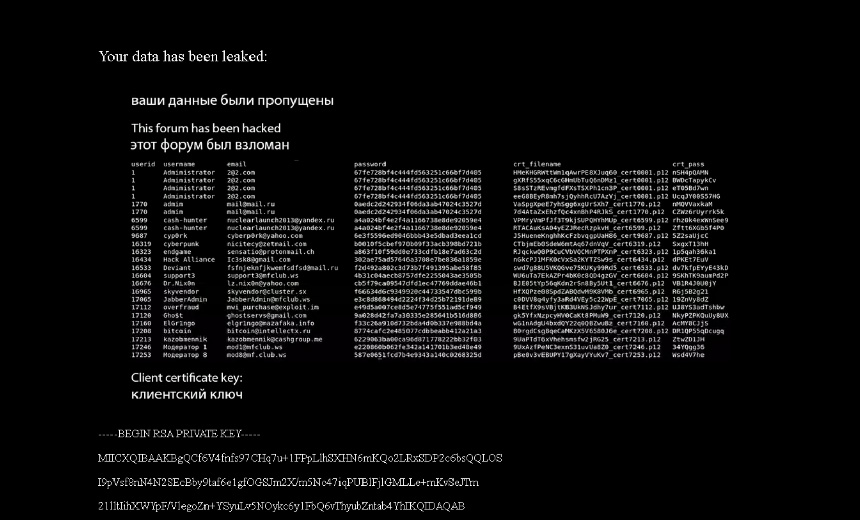Inside the mind of a cybercriminal: do digital law breakers have a personality type?
Antisocial, loner, computer addicted — malicious hackers have long been labeled with these stereotypes by the public. While movies and popular culture may paint a simple, unflattering portrait of the average cybercriminal, a scientific approach to the question found a more nuanced and complex picture, with many actors exhibiting skills and traits that would be considered positive or even admirable in other contexts.
A recent study led by Marleen Weulen Kranenbarg, assistant professor of criminology at Vrije University in Amsterdam, sheds new light on the specific personal characteristics of digital offenders by comparing a sample of 261 cybercrime suspects with that of offline offenders. The study found that cyber offenders have a higher level of diligence, conscientiousness, and self-regulation but scored low on modesty, fearfulness, flexibility, and aesthetic appreciation.
Studying the specific mindsets and psychological proclivities of cybercriminals may be worth the effort in part because, as the study notes, online crime continues to steadily rise as other forms of offline crime become less and less frequent. Further, online crime differs from offline crime in important ways that may shape the behavior of both cybercriminals and their victims.
“Cyberspace is a unique context in which interactions have a different nature than in the offline world. For example, offenders and victims do not need to have physical contact in cyberspace, which may lower the threshold for committing cybercrimes,” the study notes. “Additionally, cyberspace may require specific skills or characteristics that offline crimes do not. This begs the question whether decades of consolidated knowledge about offender characteristics still apply to this comparatively novel category of offenders.”
For example, studies of criminals in the physical space show that many tend to focus on short-term rewards, have lower levels of education, exhibit poor self-regulation and have higher rates of alcohol and drug use. What little research there has been on cybercriminals tend to show that these individuals are better at self-regulating their behavior, are more diligent and less willing to experiment with drugs…




